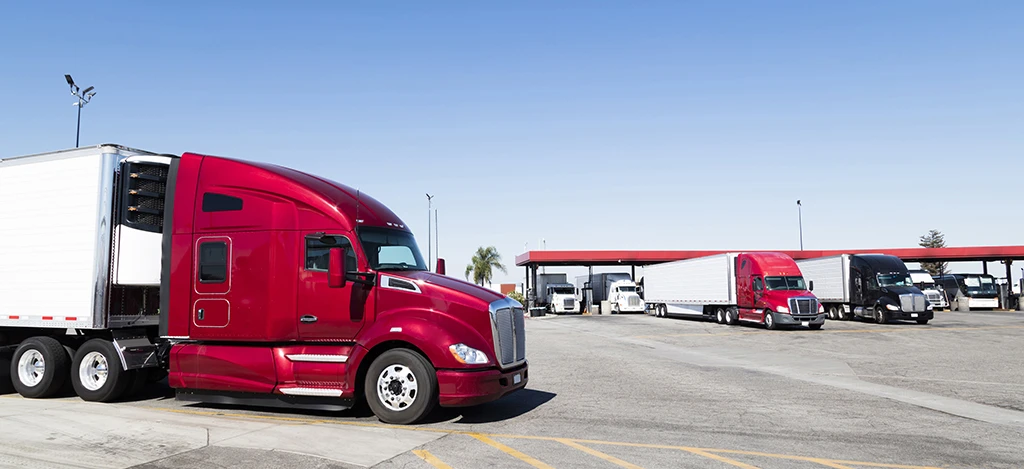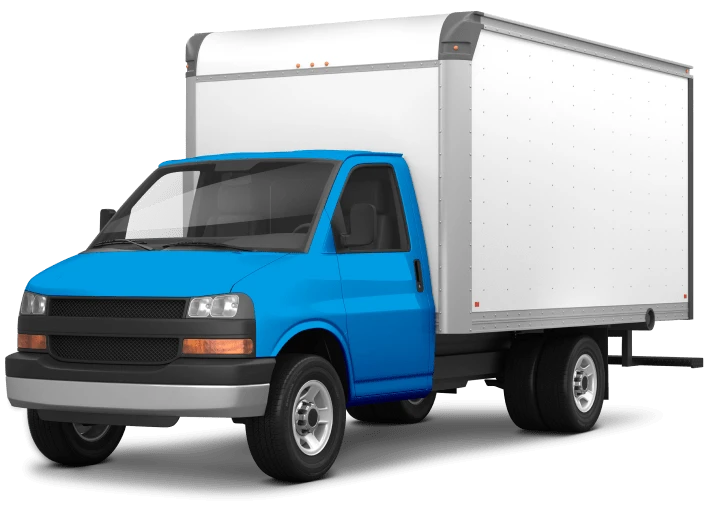What is the Difference Between LTL and FTL Freight
LTL and FTL are two very popular transportation methods. They are different, although share some similarities. Let’s explore each of the methods and find out the differences. Feel free to read our post.
What is the Difference Between LTL and FTL Freight

What is LTL and FTL Shipping
The transportation industry offers a variety of shipping methods. Each of them provides its own benefits and meets the needs of a consignor. LTL and FTL are two popular ways to ship freight. They are not the same and it is vital to understand their differences as it will help you to manage your supply chain more efficiently.
Most businesses strongly rely on these two transportation methods as they provide flexible solutions for small and big freight loads. Let us look closer at both of them.
LTL Meaning
LTL stands for less than a truckload and refers to transportation of small parcels. LTL freight contains small shipments from multiple consignors that share one truck or trailer. Choosing LTL means that you pay only for the space that your cargo occupies. It is a perfect way to ship small amounts of goods, especially for small and e-commerce businesses.
FTL Meaning
FTL stands for full truckload and is used to transport large volumes of freight. FTL freight contains only your commodities that occupy the entire space of the truck or trailer. Getting FTL service for large shipments is more cost-effective than splitting it into smaller parts for LTL. In addition, full truckload offers faster delivery and higher levels of security.
What is the Difference Between FTL and LTL
Understanding key differences between FTL and LTL will allow you to better plan your shipping strategy. It is crucial for business owners, as it helps to save money and time in most cases. So, what are the differences?
Size
When choosing between FTL and LTL, the first thing to consider is the size of your commodities. If your freight is somewhere between 100 to 5,000 lbs, LTL is the way to go. FTL freight fills up the entire truck and is mostly larger than 20,000 lbs. There are exceptions when a shipment can be between 5,000 and 10,000 lbs and it can be called as “volume LTL” or “partial TL”.
Cost
Small shipments are cheaper to transport because you only pay for the space that you take. FTL freight takes almost all space and it is more expensive to deliver it. When you choose between FTL and LTL, consider the amount of your freight and don’t pay for the unnecessary space.
Time Frame
Urgency plays a significant role in business. If your time is limited, you should stick to the service that will deliver your product faster. In this case, it would be FTL. LTL freight involves multiple stops as each shipment needs to be unloaded in its destination point before the truck reaches the final point of the route. FTL freight has only pickup and delivery points, and doesn’t imply any uncalled stops.
Handling and Safety
Safety of the cargo is also important. FTL freight is handled only on pickup and delivery points and stays inside the truck the whole journey. LTL, on the contrary, creates higher risks of damage due to parcels being handled multiple times.
Please fill out the form and one of our experts will contact you as soon as possible.
